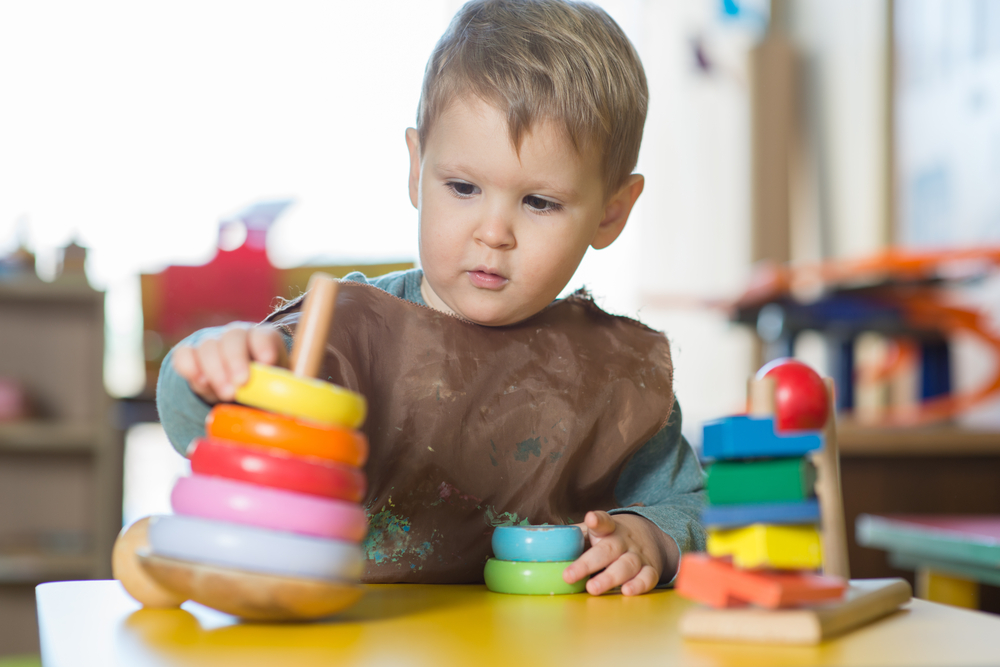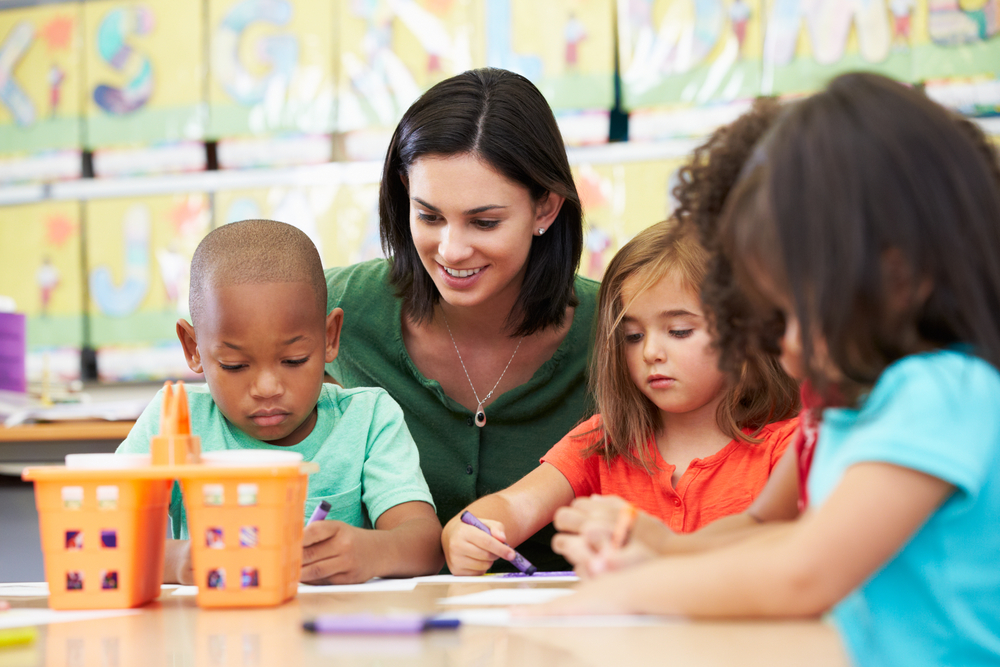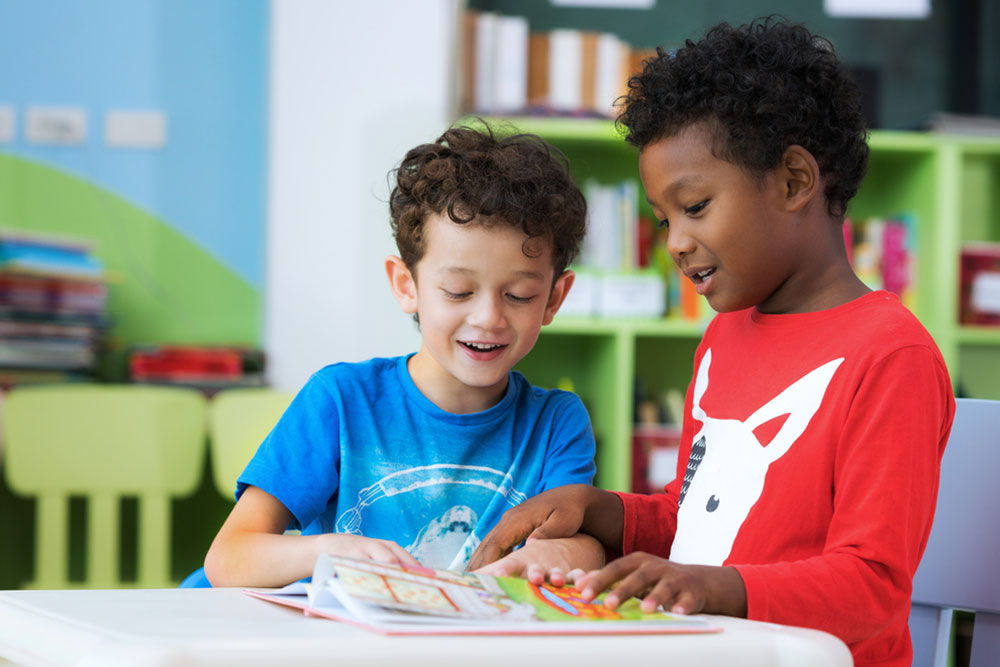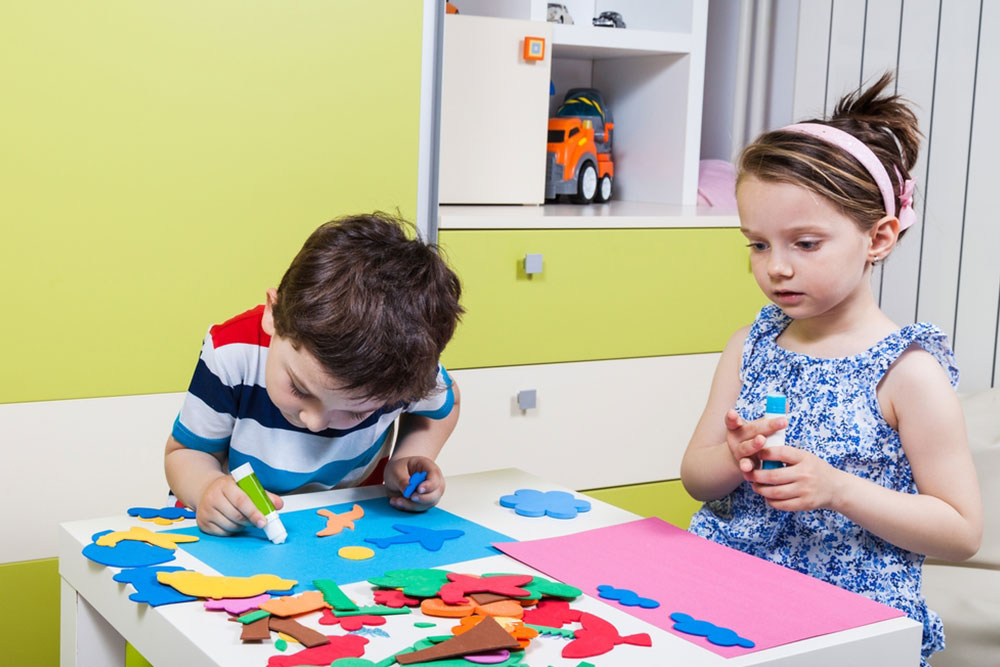The Significance of Early Childhood Education for Development
Early childhood education plays a vital role in a child's overall development. Preschools foster academic skills, creativity, emotional intelligence, and social interaction, preparing kids for future academic success. Attending preschool aids in smooth school transitions and builds independence, curiosity, and problem-solving abilities. Quality preschool experiences are essential in nurturing well-rounded, confident children who are ready to face elementary school challenges. This article highlights the importance and benefits of preschool education, emphasizing how it lays a strong foundation for lifelong learning and social skills.
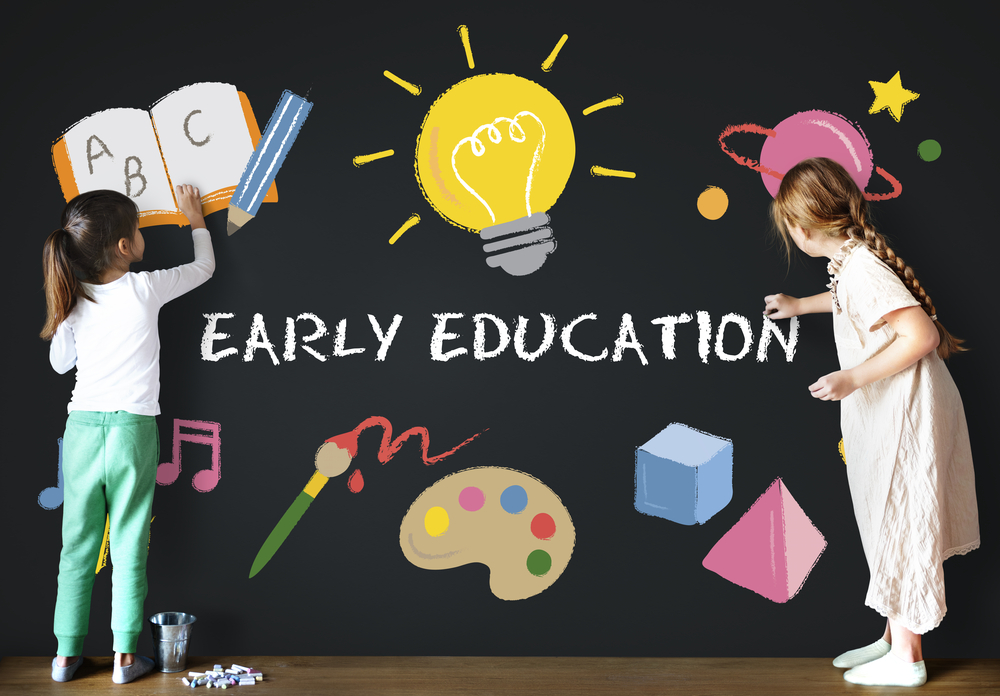
The Importance of Early Childhood Education for Growth
Enrolling your child in preschool is a crucial step to prepare them effectively for elementary school challenges. Unlike the rigid structures of primary education, preschools promote learning through play and exploration, guided by caring teachers. In Houston, preschools also offer parents a safe environment for their kids to enjoy while they relax. Research shows that children who attend preschool tend to have higher graduation rates and better academic progress than those who skip it.
Key benefits of preschool attendance include:
Academic and Social Learning: Children develop essential skills through activities designed to stimulate curiosity, such as counting coins, reading instructions, and participating in group games, fostering both academic and social growth.
Foundation for Growth: Preschool introduces children to structured settings, helping them adapt to rules, routines, and peer interactions, which lays the groundwork for future learning.
Fosters Creativity: Artistic and craft activities in preschool help children expand their creativity. Unlike at home, preschool offers a mess-friendly space for kids to explore their imaginations freely.
Prepares for School Transition: Preschool helps children overcome separation anxiety, follow instructions, and adapt to new environments, making kindergarten entry smoother.
Learning Through Play: Activities like puzzles, storytelling, and outdoor walks teach numbers, letters, and shapes in a fun and engaging manner, promoting early learning.
Emotional and Social Development: Kids learn respect, cooperation, problem-solving, and independence through daily interactions, boosting confidence and self-reliance.
Curiosity and Exploration: Preschool encourages children to ask questions and seek answers about their world via discussions and experiments, nurturing their inquisitiveness.
Choice and Decision-Making: Children choose activities, fostering decision-making skills and socialization with peers, with teachers guiding integration into group play.
Missing out on preschool can limit these developmental benefits. Engaging your child in quality preschool experiences nurtures their curiosity, social skills, and confidence, setting a solid foundation for lifelong learning.
Note: Our blog provides diverse useful insights based on research and data. While informative, these articles should not be considered definitive. The team disclaims responsibility for inaccuracies or discrepancies, and readers should verify information independently for the best guidance.

